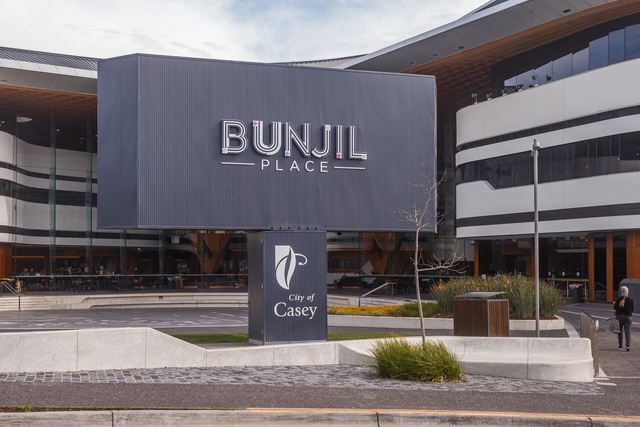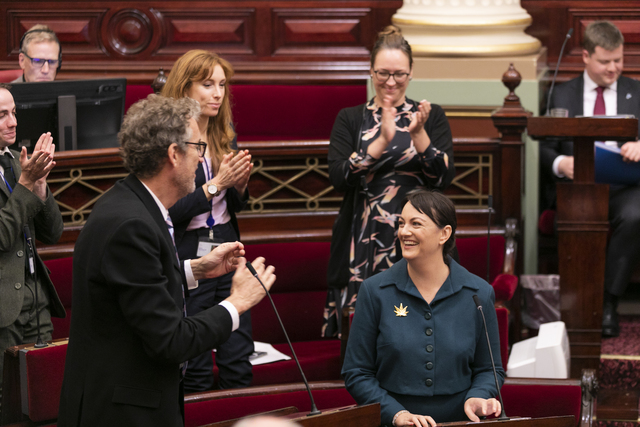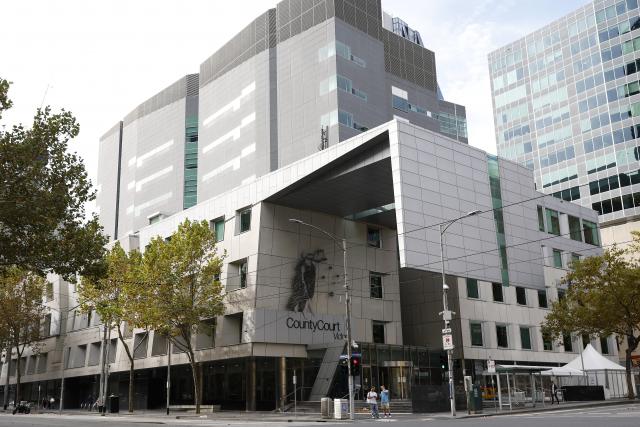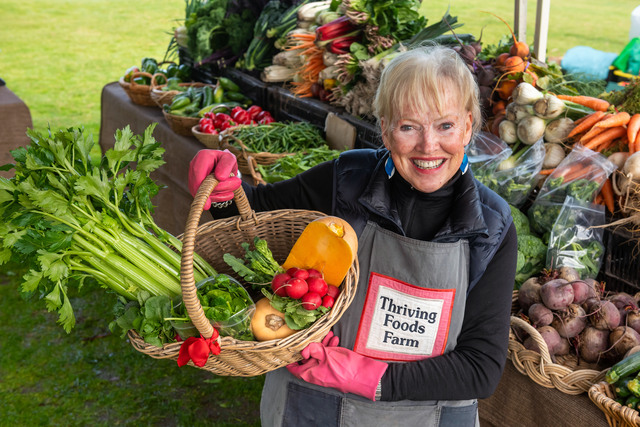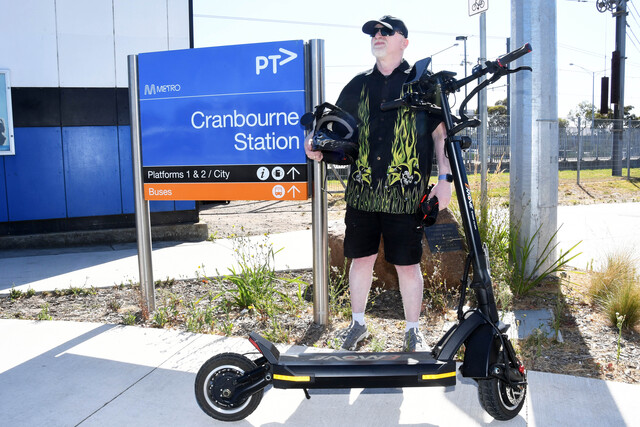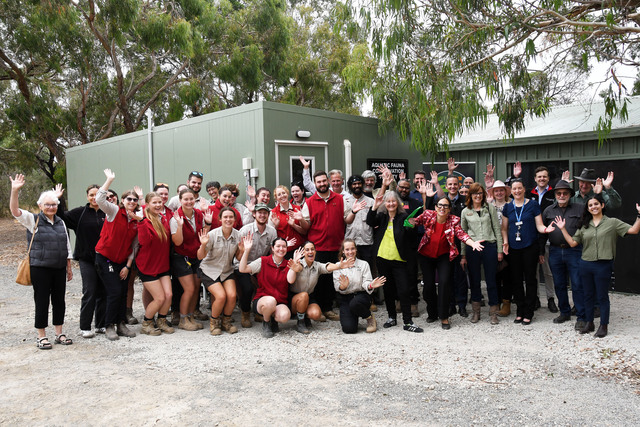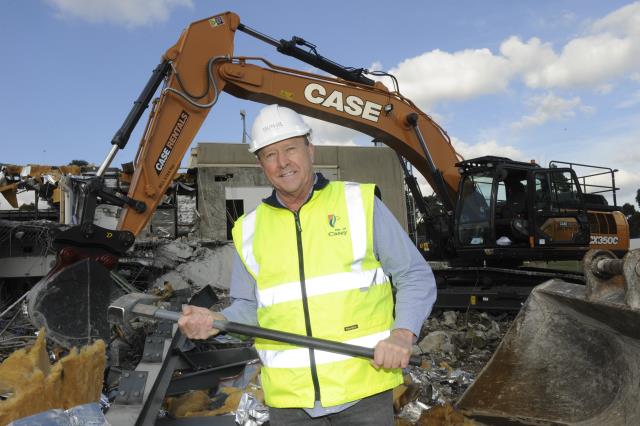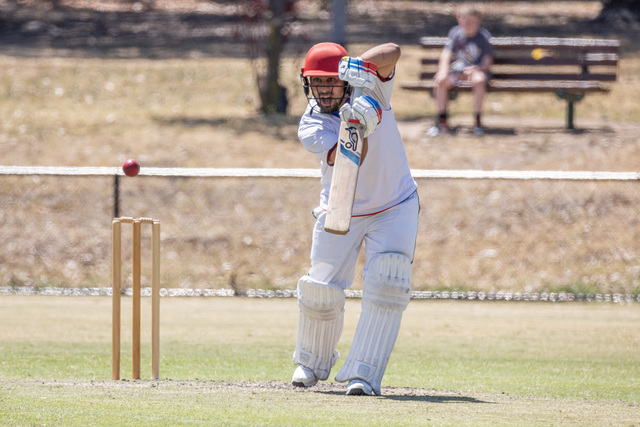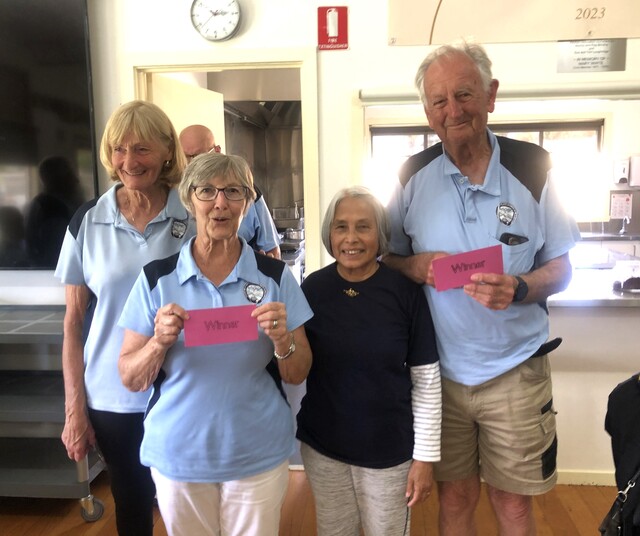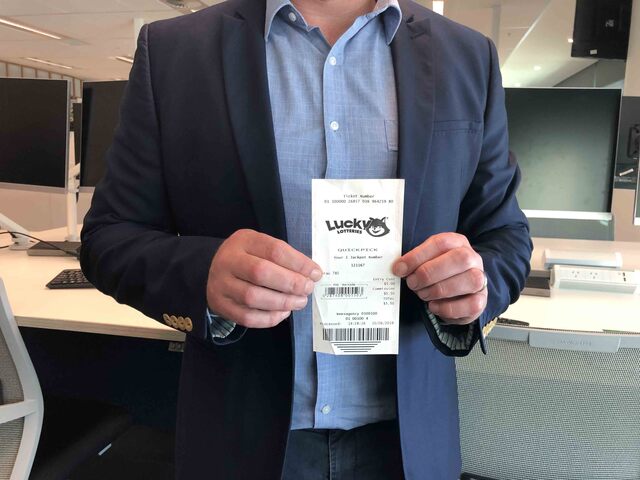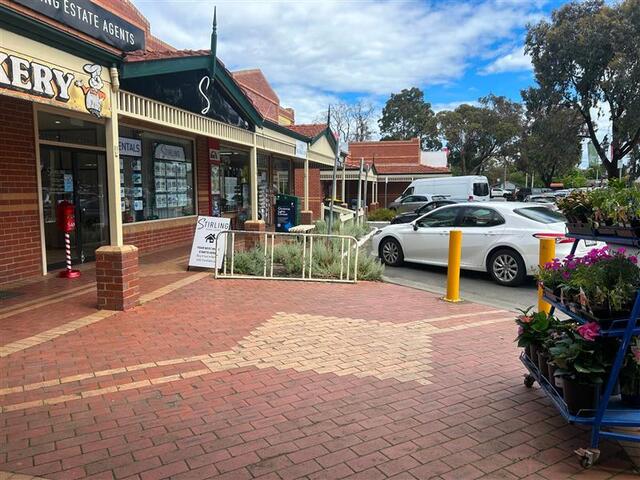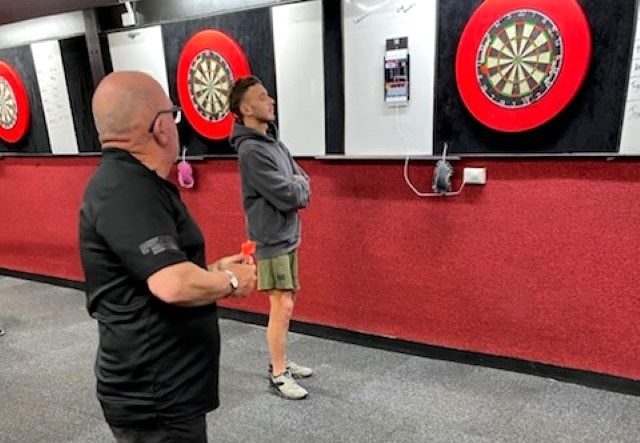As Casey Council officially increased the general rates by 3 per cent for next year, residents say they are disappointed and describe it as a “bad move”.
Casey Council proposed an average of a 3 per cent rate increase in line with the cap set by the State Government for the next financial year, back in the April Council Meeting for the community consultation.
Star News reported in April that the Casey Residents and Ratepayers Association (CRRA) was calling on the Council to freeze rates.
Fast forward to the June Council Meeting, the 3 per cent increase was adopted with unanimous support among councillors. The conversation about the rates increase was not heavily discussed or debated at the meeting, with only Mayor Cr Stefan Koomen commenting that the increase was in line with the cap.
“Our rates will be rising by 3 per cent in accordance with the cap. We haven’t had to go beyond that,” he said at the meeting.
“We know that people are doing it tough, and the additional costs (emergency levy and waste levy) that have been talked about today are burdens on our community and something that we’ve stood against, but ultimately, they’ve been legislated.”
Cranbourne resident Brianna, who preferred not to disclose her last name due to privacy, said she is disappointed at the rates increase.
“I think I am very much in line with the rest of the community when we say things are tough right now. People are really feeling it. It’s sort of like kicking people while they’re down,” she said.
“It was just a bad move on the council’s behalf. There’s been a lot of faith and trust lost in the council over the last few years. We had the council stand down and investigate. We’ve had administrators.
“And we’ve finally got a chance to elect a council to represent us and our interests. The first thing they do is they go for the absolute maximum increase in a time when it’s really tough.
“This could have been a chance for them to build some trust and gain some respect back from the community.”
Brianna said people all understand rates have got to go up, but it would have been nice for the council to just go for the minimum increase this year because everyone’s doing it tough.
“My wage isn’t going up 3 per cent. My property value is probably not going up 3 per cent,” she said.
At the April Meeting, when confronted with public questions on the rates freeze, Mayor Koomen also made the stance that the new Council chose not to seek an exemption to raise rates above the 3 per cent cap, to help ease cost‑of‑living pressures.
When asked what she thought of the Mayor’s comment that the new Council decided not to seek an exemption to raise rates above the 3 per cent cap, Brianna said it is like making the community to feel sorry for them because they “couldn’t be bothered to do the paperwork to sting the community a bit more”.
Imesh G. of Narre Warren also criticised the 3 per cent rates increase, saying the Council is not doing due diligence.
He said instead of focusing on spending, the Council should also think about cutting wasteful costs.
“One of their responsibilities is managing those funds. I don’t see that because I see a lot of waste everywhere, in terms of the projects and what they’re doing,” he said.
“If legislation says that, they can collect up to 5 per cent, I think they’ll do up to 5 per cent.
“I feel it’s unfair because everything else is increasing. Pay doesn’t increase. Everything has increased by 4 or 5 per cent.”
In terms of wasteful spending, Mr G. recollected a time when he was told by one of the people who cut the nature strip grass that they were cutting the grass in a way that they could come back in five weeks and cut it again.
“When I cut my grass at home, I don’t cut it so that I can cut it again within several weeks,” he said.
Mr G. said his rates is almost $2,000 now.
“If the 3 per cent increase, it’s going to go more than $2,000. That’s a lot of money for the rates payment,” he said.
“And when the councillors were campaigning for the election last year, so many in my ward said they’re going to reduce rates. I haven’t heard any of the councillors who got elected doing anything. I don’t see any sort of strategy or policy that has been outlined.”
Mr G. also stressed that technically, ratepayers are the shareholders of the council, but ratepayers don’t have a say in who the chief executive officer is and how much he gets paid.
He believed the chief executive officer of the City of Casey got paid too much, with over $400,000 a year.
He also pointed out that some councils were not increasing the rates, like Bayside Council, or were trying to increase them by just 1 per cent, like Greater Dandenong.
Mark Mathews, who owns a repossession and debt collection company in Cranbourne, said it is a 3 per cent increase on top of last year’s increase and then on top of the value of the property.
“People don’t know this,” he said.
“As a small business owner who runs a repossession and debt collection company, I see how hard people are doing it out here. And compared to New South Wales or Queensland, we are really bad.
“The best advice I can give people is ‘don’t bury your head in the sand, speak with your bank or the finance companies or companies who you owe money to and try and work out a plan and stick to it.”
CRRA vice president Anthony Tassone said CRRA is very disappointed with the Council’s decision to ignore their calls for rates freeze.
“This is despite the City of Casey’s own community engagement and surveying data showing that there are multiple signs of financial stress in our community,” he said.
“Despite a comprehensive submission by the CRRA and the challenges being faced by the community, it fell on deaf ears.
“During Tuesday night’s meeting, Councillors rightfully spoke out against the Victorian State government’s Emergency Services and Volunteers Fund and the impact it would have on the hip pockets of residents, along with the glass-only purple bin reforms. But when it came to council rate increases and what impact this could have on residents, there was no objection.
“This was a lost opportunity for the Councillors to show leadership and demonstrate a high level of understanding of what the community is currently tackling whilst still being fiscally responsible with the Council’s finances.”

